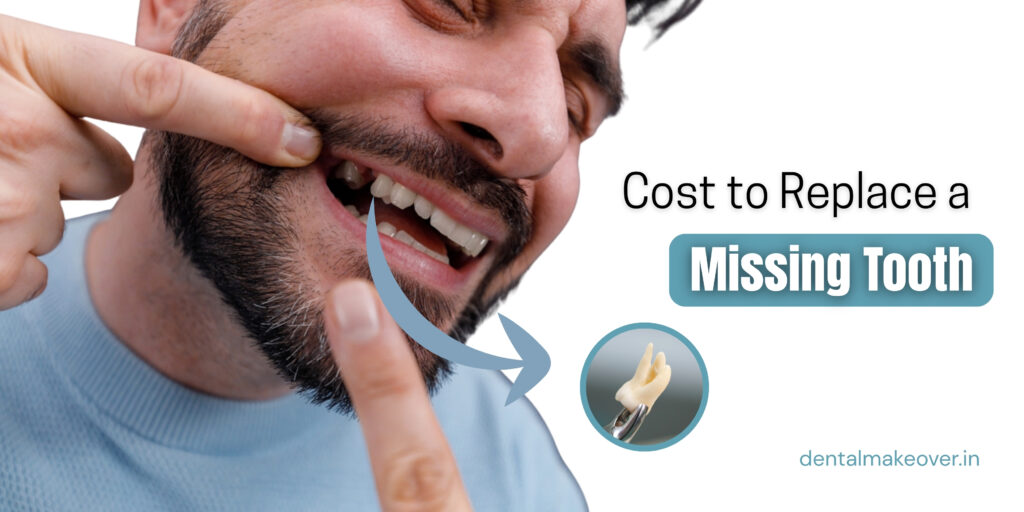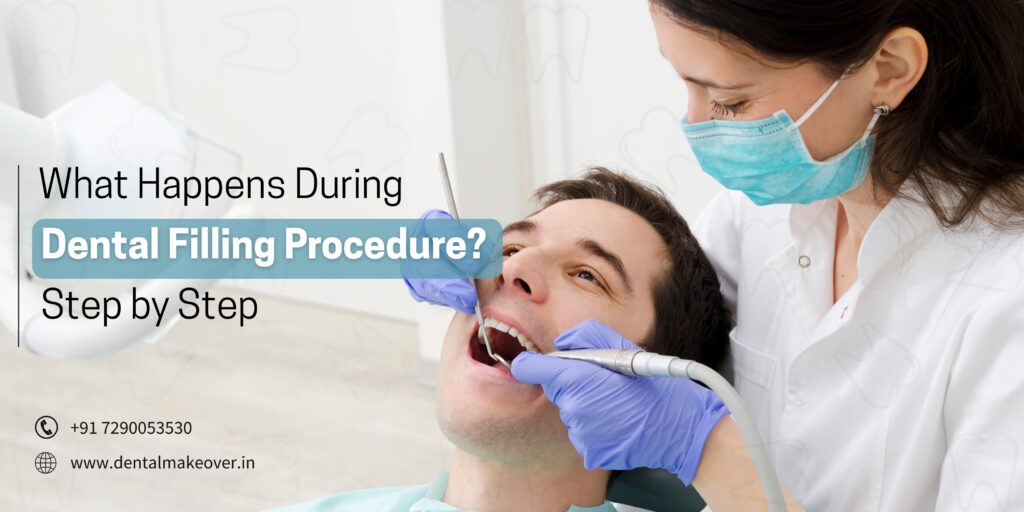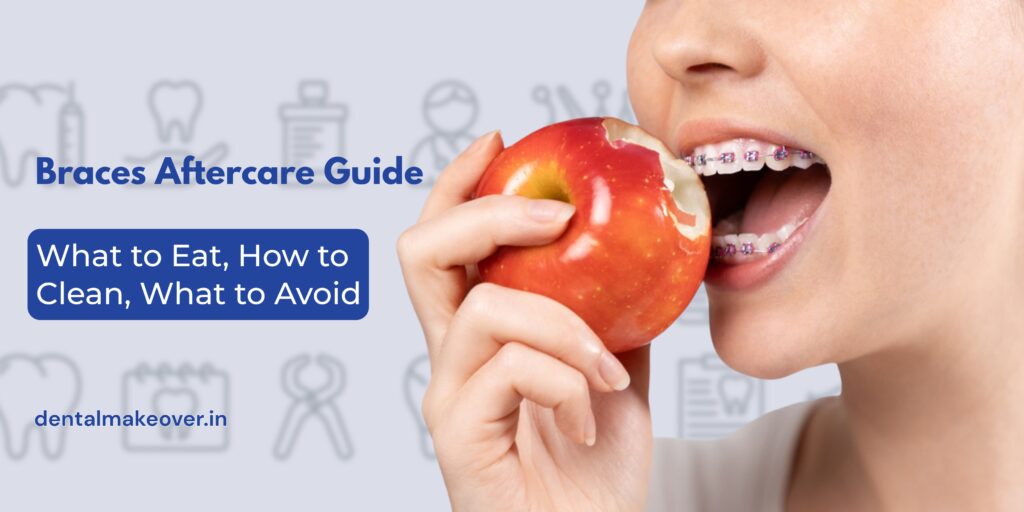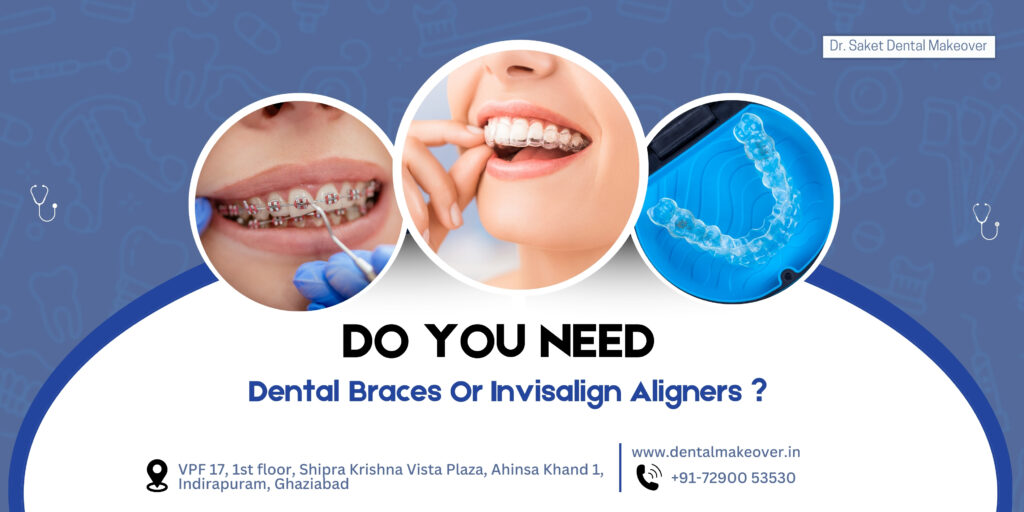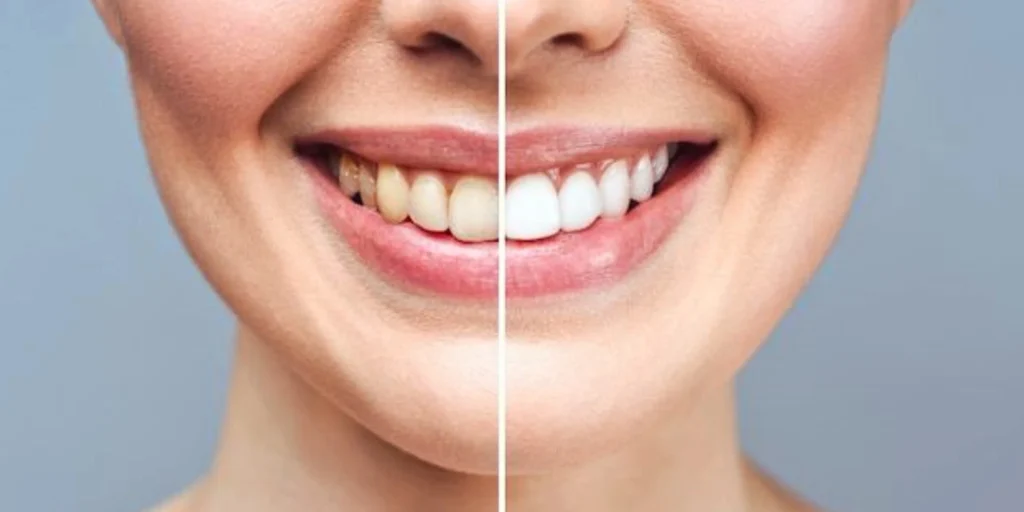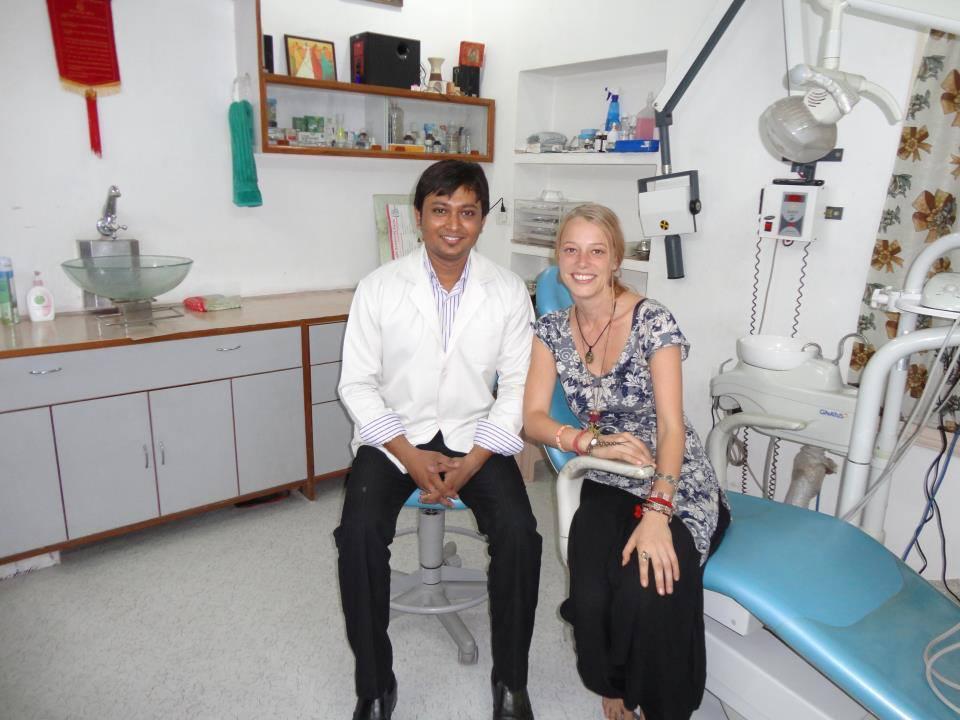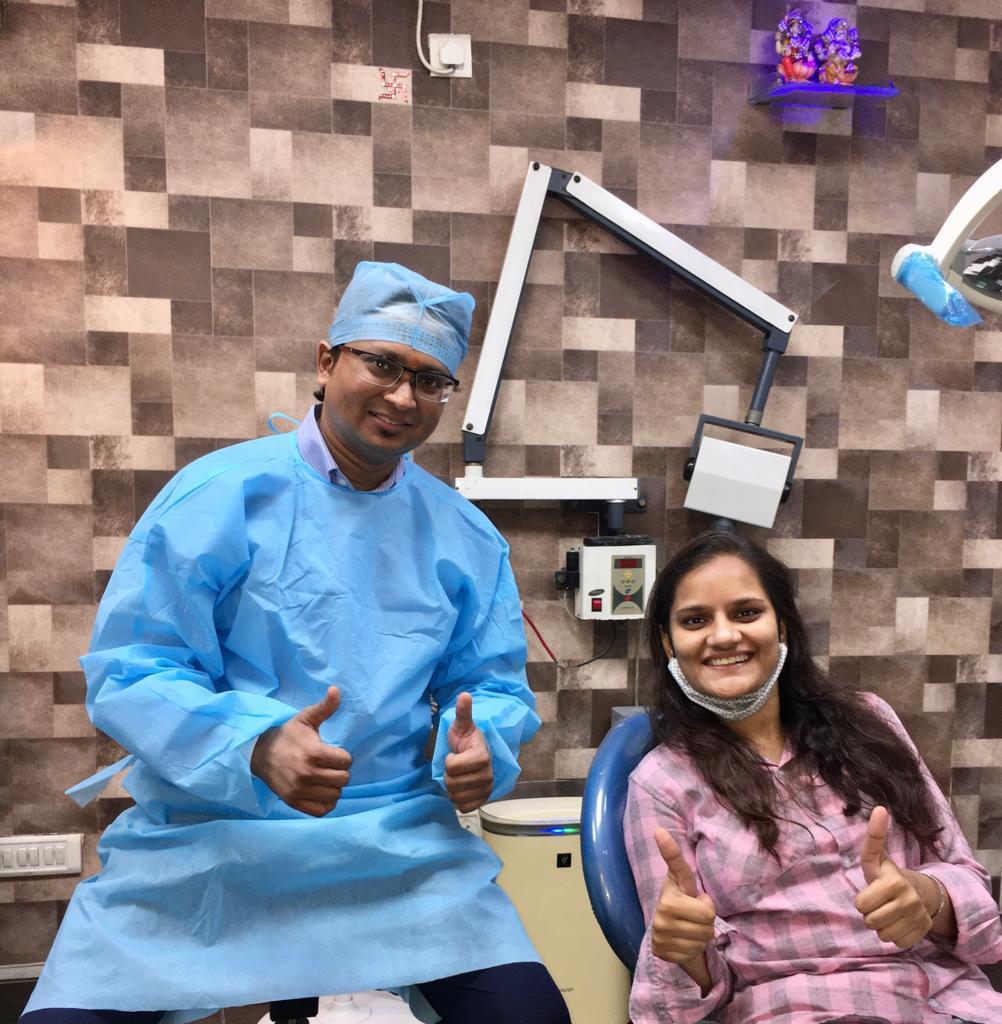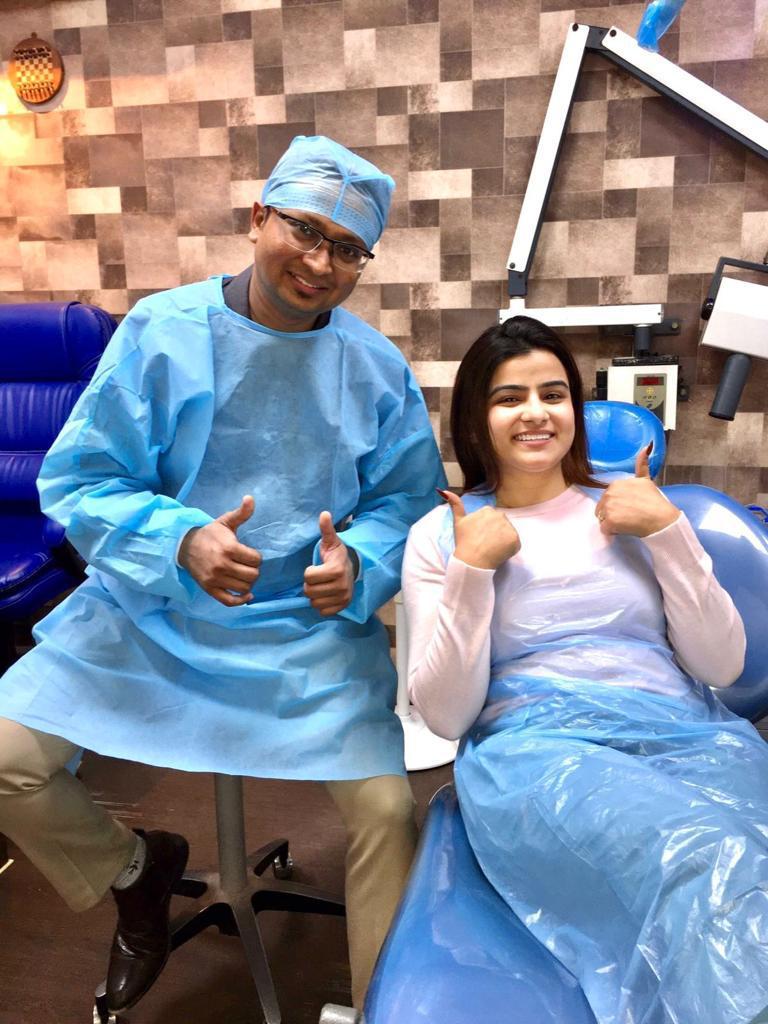What’s the Cost to Replace a Missing Tooth in Indirapuram? Get Full Guide
How Much Does It Cost to Replace a Missing Tooth?
Losing a tooth can affect more than just your smile — it can impact your ability to chew, speak, and feel confident. Many patients delay replacement because they’re unsure about the cost to replace a missing tooth or the best treatment options available.
At Dr. Saket’s Dental Makeover, Indirapuram, we believe that restoring your smile should be affordable, comfortable, and long-lasting. Let’s explore the different tooth replacement options, their costs, and which one might be right for you.
1. Why You Should Replace a Missing Tooth
A missing tooth isn’t just a cosmetic issue — it can lead to long-term oral health problems if ignored. When a tooth is missing, the surrounding teeth begin to shift, leading to bite misalignment and bone loss. Over time, this can alter your facial shape and contribute to additional tooth loss.
Replacing missing teeth helps maintain jawbone health, restore proper chewing, and improve your overall confidence. Whether through dental implants, bridges, or dentures, timely replacement ensures both function and aesthetics are preserved.
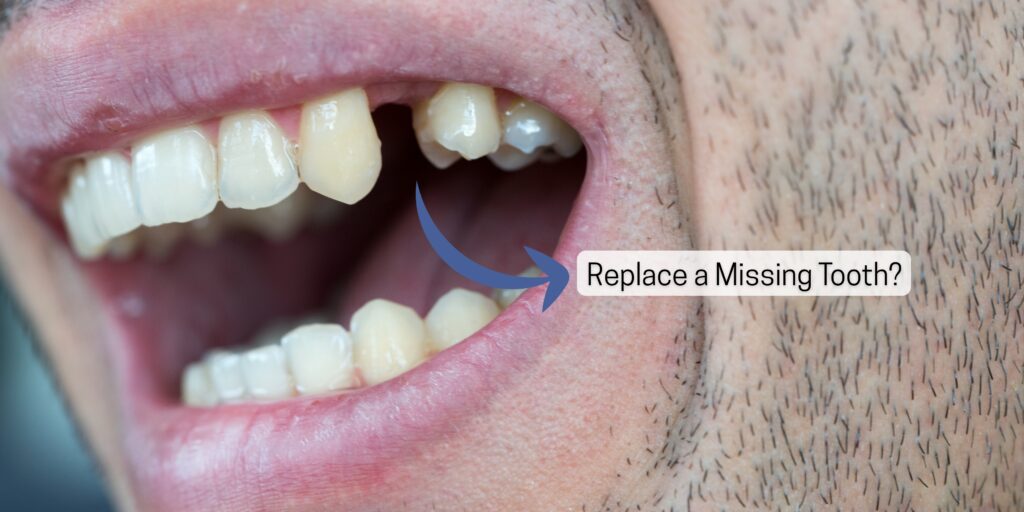
2. Tooth Replacement Options and Their Average Costs
Different treatments suit different needs and budgets. Here’s a breakdown of the most common tooth replacement options and their approximate price range in India:
a) Dental Implants
Dental implants are considered the gold standard for replacing a missing tooth. They involve placing a titanium post into the jawbone, topped with a dental crown that looks and feels natural.
Cost Range: ₹25,000–₹50,000 per implant (varies by brand and materials).
Benefits: Long-lasting (15+ years), natural appearance, preserves bone health.
b) Dental Bridges
A dental bridge “bridges” the gap left by a missing tooth, supported by the neighboring teeth. It’s a good option for patients who may not want surgery.
Cost Range: ₹10,000–₹25,000 per unit.
Benefits: Fixed solution, looks natural, faster than implants.
c) Partial or Full Dentures
Dentures are removable replacements for missing teeth and surrounding tissues. They are the most affordable option, ideal for multiple tooth replacements.
Cost Range: ₹5,000–₹20,000.
Benefits: Budget-friendly, non-surgical, customizable fit.
3. Factors That Affect the Cost of Tooth Replacement
The cost to replace a missing tooth can vary depending on several key factors:
Type of treatment chosen – Implants are more expensive but more durable.
Material quality – Ceramic or zirconia crowns cost more than metal ones.
Dentist’s expertise – Experienced dentists ensure better results and longevity.
Clinic technology – Advanced clinics with 3D imaging and digital scans provide higher accuracy.
Location of the clinic – Dental costs in metro areas are slightly higher than in small towns.
At Dental Makeover Indirapuram, we focus on transparency and provide detailed cost estimates before every treatment.
4. Which Tooth Replacement Option Is Right for You?
Choosing the right treatment depends on your dental health, budget, and long-term goals.
Choose dental implants if you want a permanent, natural-looking solution.
Choose bridges if you want a fixed, affordable replacement without surgery.
Choose dentures if you’re replacing multiple teeth and want a budget option.
Your dentist will evaluate your bone strength, gum health, and bite alignment before recommending the best option
At Dr. Saket’s Dental Makeover, every patient receives a personalized treatment plan designed for comfort, longevity, and natural aesthetics.
5. Affordable Tooth Replacement at Dr. Saket’s Dental Makeover
At our clinic in Indirapuram, Ghaziabad, we offer all major tooth replacement options — from single-tooth implants to full-mouth restorations — under one roof.
Our focus is on:
Painless treatment using advanced anesthesia
International-grade implant systems
High-quality crowns and bridges
Transparent pricing with no hidden costs
EMI and flexible payment options
Our patients choose us for our precision, expertise, and genuine care — ensuring every smile restored is a confident one.
FAQs on Tooth Replacement Cost
1. What is the most affordable way to replace a missing tooth?
Partial dentures are the most cost-effective solution, while bridges and implants provide better long-term value.
2. How long do dental implants last?
With proper care, dental implants can last over 15–20 years, making them a great long-term investment.
3. Is tooth replacement painful?
No. Local anesthesia and advanced techniques ensure a painless, comfortable experience during the entire process.
4. Can insurance cover tooth replacement cost?
Some dental insurance plans cover the part of the procedure, especially for bridges and dentures. Check with your provider.
5. How soon can I replace a missing tooth after extraction?
In most cases, replacement can be done within a few weeks, depending on healing and bone condition.
Final Thoughts
Replacing a missing tooth is not just about restoring your smile — it’s about preserving your oral health and confidence. The cost to replace a missing tooth varies based on the treatment, but investing in quality dental care ensures comfort, durability, and long-term benefits.
Book your consultation today at Dr. Saket’s Dental Makeover, Indirapuram, and discover the most affordable and effective tooth replacement options customized for you.
Visit dentalmakeover.in or call us for expert care and smile restoration you can trust.

